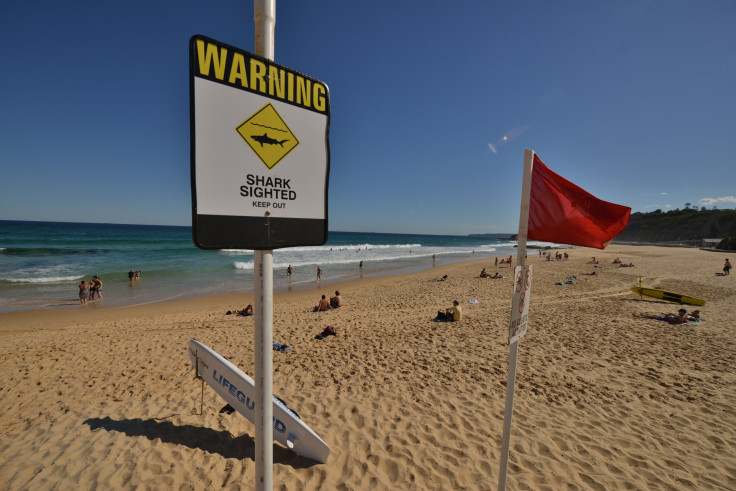Surfer Shares Horrific Shark Bite Marks Photos After Attack Off Hawaii Coast

A Brazilian woman, who suffered injuries after a shark attacked her on New Year's Eve off the coast of Hawaii, shared the horrific photos of her injured leg. Professional dancer Marjorie Mariano spoke to local media about her encounter with the shark while surfing near Laniakea Beach on the north coast of Oahu Island.
Mariano said she was attacked by a 15-foot-long tiger shark but miraculously escaped the predator's grip by paddling away as fast as she could. The shark caught her by the leg and dig its razor sharp teeth while she screamed for help.
The 54-year-old continues to recover in hospital after surgeons saved her badly mauled left leg with two operations. Earlier doctors thought her injury was so bad that they might have to amputate her leg.
"I was surfing in the area when I felt something big bite me really hard." Mariano told Hawaii News. "I turned my body and looked at the shark’s face as it was biting my leg and I started to paddle like a maniac. I was like, I need to get out of here fast!"
The wound stretches from the back of the victim’s knee to her upper thigh.
In a social media post on New Year’s Day, the surf instructor recalled the horrific attack while reassuring family and friends she was okay after successful surgery.
"Happy 2018 everyone, I’m okay… I’m alive. I got bitten by a shark while I was surfing and waiting for a wave to come in," she wrote.
Hawaiian shark attack leaves Marjorie Mariano with horrific wounds; she needs your help https://t.co/jtiAt5nvxf
— The Big Manta Ray (@TheBigMantaRay) January 5, 2018
Following the incident, life guards posted signs warning sharks were spotted in the area.
"It’s very well known that the worst times to go out in the water are early morning and at dusk when the light is going down because those are the times that sharks are the most active," Andrew Rossiter, Director of Waikiki Aquarium said. "Given the time of day it occurred the woman was likely a victim of an exploratory bite where the shark mistook (her) for a turtle or a seal."
Below are some tips as to how to avoid and survive a shark attack, courtesy Florida Museum of Natural History website.
1. Choose to swim in a group as sharks most often attack lone individuals.
2. Don't wander too far from the shore as it may be difficult to return fast for help in case a shark is spotted.
3. Avoid the water at night, dawn, or dusk as sharks are most active at these times.
4. In case of a cut, do not enter the water as blood attracts sharks.
5. Leave the water immediately if a shark is spotted.
6. Avoid going into waters containing sewage as it attracts bait fishes, which in turn attract sharks.
7. Don't splash a lot in the water. Erratic movements can attract sharks.
8. Avoid swimming toward a shark if it's seen in the water.
9. Do whatever it takes to get away after a shark attack.
© Copyright IBTimes 2024. All rights reserved.











